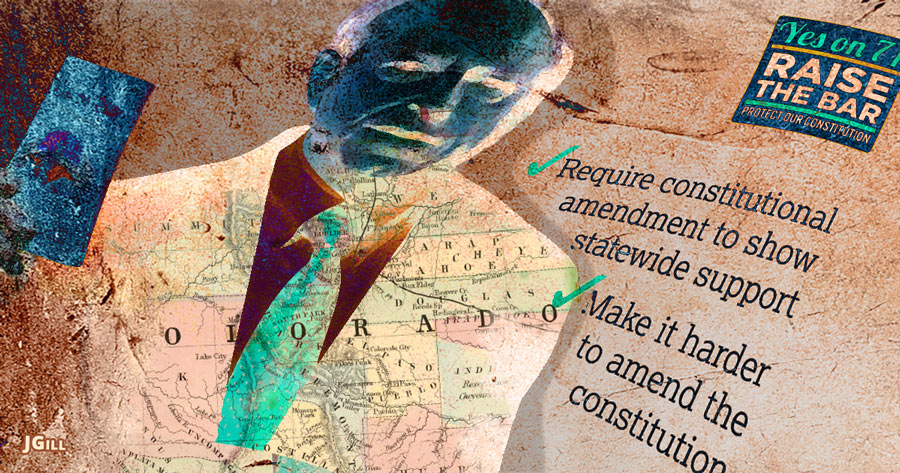Revolution! Must we?
Can’t we reform at a reasonable pace?
Well, whether we change slowly or quickly, change must occur. Today’s in-place policies are not stable.
But a better future itself must be stable. Or else it will not be better.
And a key to successful change is change in the hearts and minds of the people. The vast majority, East and West, need to shift mental gears and shift their ideological paradigms. (That is the term most famously used by Thomas Kuhn.)
Take yesterday’s story. I first heard about it from proponents of Oregon’s big business excise tax hike. They were saying that Oregon had the lowest business taxes in the union, and took that as a cue to raise taxes. I looked at it as a great political success, and one that had contributed mightily to Oregon’s remarkable economic resilience in these trying economic times.
The difference between the Higher Taxes reaction (which views low taxes as an opportunity only to raise them, and the consequences mainly as who gets the tax funds) and my reaction (which concentrates on the consequences of the expropriation, and looks to a longer period of time to gauge results) is a paradigm shift. To go from one to the other (preferably from the pro-tax to the low tax position) requires a shift in vision.
It is like what happens when you refocus on the Duck/Rabbit image, or the Maiden/Crone. Give a person some time. Be patient. And hint that a shift in perspective is warranted to see both.
And that we might gain something from a paradigm shift.
This is Common Sense. I’m Paul Jacob.







 Amendment 71 blocks initiative amendments, making only statutory initiatives available to citizens seeking reform. As campaign finance reformers learned when the legislature gutted their voter-approved statutory measure, it is essential that voters be able to amend
Amendment 71 blocks initiative amendments, making only statutory initiatives available to citizens seeking reform. As campaign finance reformers learned when the legislature gutted their voter-approved statutory measure, it is essential that voters be able to amend



